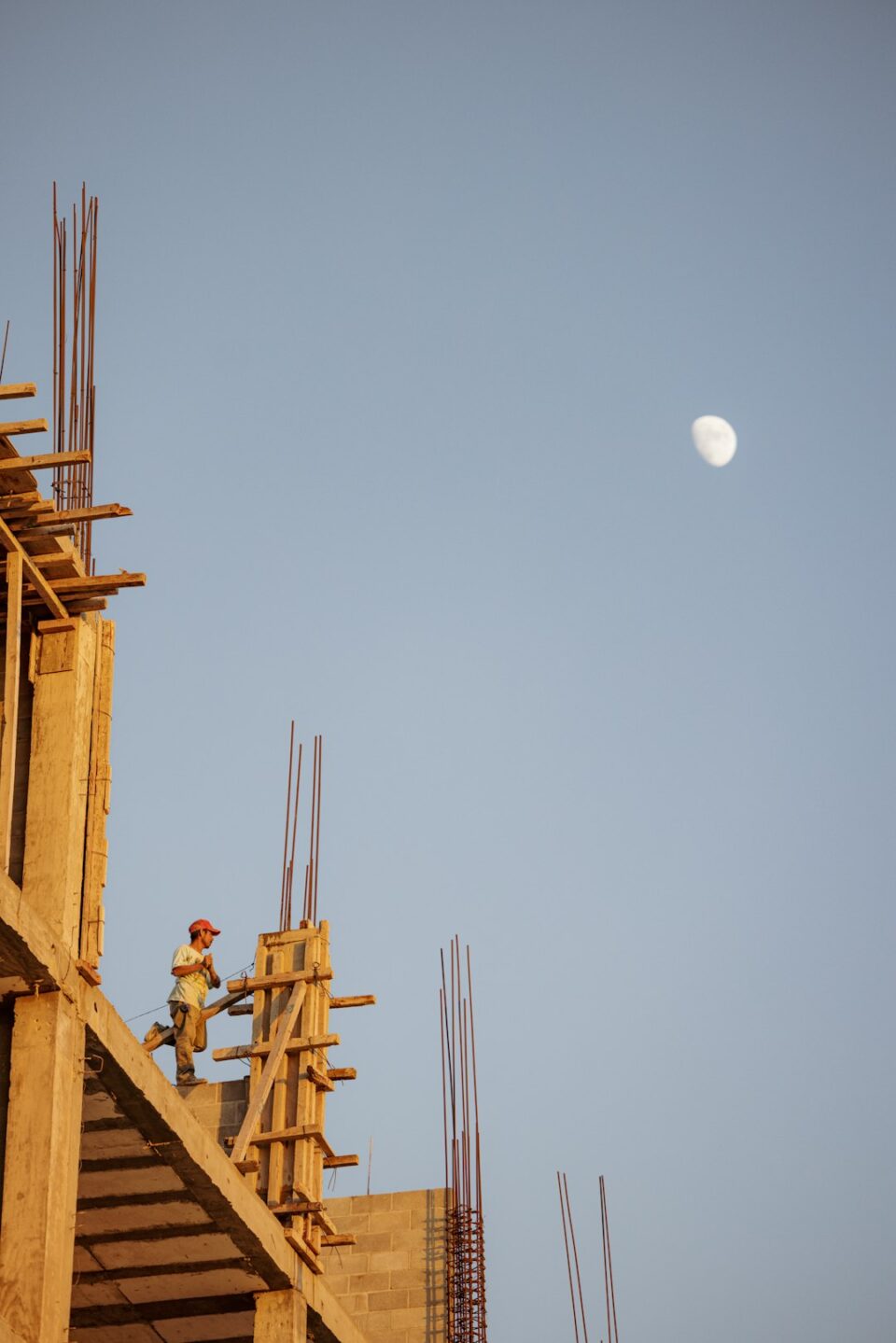what is a rescheck report and Its Role in Meeting LEED Certification Standards
When it comes to ensuring energy efficiency in building projects, LEED certification has become the gold standard. Leadership in Energy and Environmental Design (LEED) is a globally recognized green building rating system that promotes sustainable practices. However, achieving LEED certification involves meeting stringent energy standards. This is where a Rescheck report comes into play.
So, what is a Rescheck report? A Rescheck report is a compliance documentation that demonstrates a residential building’s compliance with energy code requirements. It calculates the predicted energy consumption of a building and compares it with the energy code prescriptive requirements. This report plays a vital role in meeting LEED certification standards by providing evidence of energy efficiency compliance.
LEED certification is based on a points system, with different categories such as energy and atmosphere, water efficiency, sustainable sites, and materials and resources. Each of these categories has specific criteria that must be met to earn points towards certification. Energy efficiency is a critical component of LEED certification, and the Rescheck report helps demonstrate compliance with energy-related criteria.
The Rescheck report provides information on the building components that contribute to energy efficiency, such as insulation types, window specifications, HVAC systems, and lighting. It calculates the building’s energy performance and identifies areas for improvement. This information is essential for architects, contractors, and design teams working towards LEED certification, as it helps them make informed decisions to enhance energy efficiency.
Additionally, the Rescheck report plays a vital role in ensuring code compliance. It verifies that the building meets the minimum energy requirements mandated by local building codes. Without this documentation, a building may not be eligible for LEED certification. Moreover, the report acts as a tool for building inspectors to ensure that energy code requirements are being met during the construction phase.
In summary, the Rescheck report is an integral part of meeting LEED certification standards. It provides evidence of energy efficiency compliance, helps in scoring points towards certification, and ensures compliance with energy code requirements. Its role is crucial in guiding architects, contractors, and design teams towards making energy-efficient decisions for their projects.
As the industry increasingly focuses on sustainable and energy-efficient practices, Rescheck reports will continue to play a significant role in meeting LEED certification standards. With an increased emphasis on combating climate change and reducing carbon footprints, buildings that meet LEED standards and possess a Rescheck report will stand out among their counterparts. By implementing these measures, the industry can contribute to a more sustainable future and create buildings that are not only energy-efficient but also environmentally responsible.


